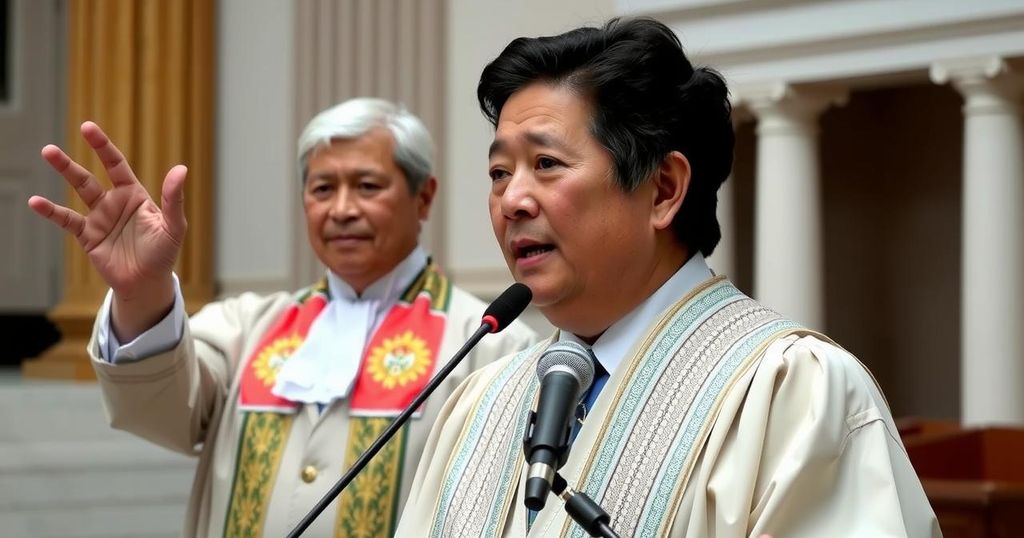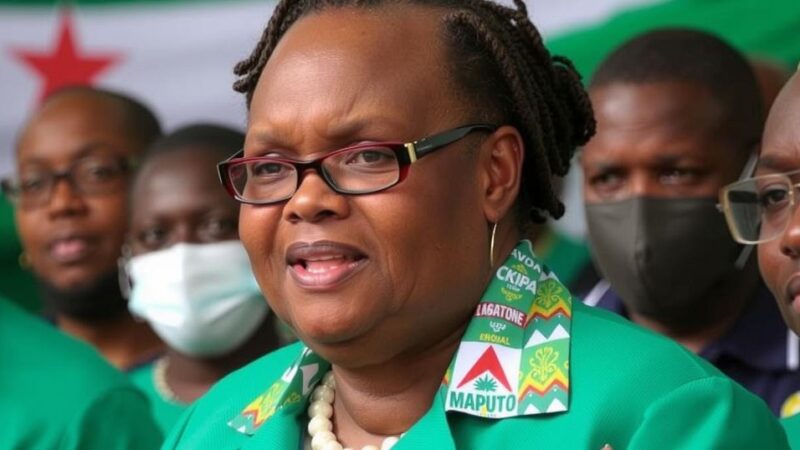Bolivia hosts direct elections for top judges, a unique practice that has drawn both criticism and concern regarding its impact on democracy. With a politically influenced judiciary, public disillusionment persists, leading to low voter engagement. Meanwhile, Mexico evaluates its upcoming judicial reforms, drawing lessons from Bolivia’s contentious political climate.
Bolivia stands out as the only nation globally to conduct direct elections for its judicial leaders, an approach that has sparked significant debate regarding its efficacy and impact on democracy. The upcoming vote has seen candidates subtly campaign despite regulations prohibiting overt electioneering, reflecting a lack of public knowledge about the candidates presented on long ballots.
This election marks another chapter in Bolivia’s tumultuous political landscape, as former President Andrés Manuel López Obrador in Mexico seeks a similar overhaul, purportedly to enhance democracy and cleanse the judiciary of corruption. However, Bolivian voters express disillusionment, asserting that these elections have rendered the judiciary politicized and beholden to party interests, eroding neutral judgment.
Concerns voiced by experts suggest that the system promotes the ruling party’s influence over the judiciary, raising alarms across Latin America about the potential risks to democratic institutions. As elections proceed, only four of the nine Constitutional Court posts will be contested, while the remaining judges retain their positions, underscoring the ongoing struggles within the judiciary. This scenario has left citizens dubious regarding the legitimacy of judicial elections, resulting in historically low participation rates.
Vice President of the electoral tribunal, Francisco Vargas, acknowledges the controversy surrounding these elections, stating they should function smoothly but are fraught with disputes. Furthermore, the postponement of the vote has drawn criticism, highlighting the deep political rivalries at play: the current president’s attempt to extend judicial terms amidst a tumultuous leftist party power struggle.
Political analysts note that Bolivia’s approach to judicial elections may deter Mexico from adopting a similar system. Ultimately, the Bolivian experience emphasizes the complexities and potential pitfalls of judicial elections as a means to promote democracy within the judicial framework.
Judicial elections in Bolivia have garnered attention for being unique in the global political landscape, as no other country employs such a system for choosing judicial leaders. This practice began over a decade ago, replacing a nomination approach predicated on qualifications and established criteria. Critics argue that this electoral framework has grown substantially politicized, resulting in dissatisfaction among voters who perceives it as a tool manipulated by power factions. With the recent political alterations and forthcoming elections, Bolivia presents a case study for neighboring countries like Mexico that are considering similar judicial reform. The arguments surrounding these elections underscore broader themes regarding democracy and judicial independence across Latin America.
In conclusion, Bolivia’s judicial election approach reveals significant challenges influence the integrity of both the judiciary and democratic processes. As the nation prepares for elections under highly questioned circumstances, the outcome may serve as a cautionary tale for other nations contemplating similar systems. The democratic promise of judicial elections appears to be overshadowed by political maneuvering and public apathy, leading to ongoing debates about the effectiveness of such practices in enhancing democratic governance.
Original Source: abcnews.go.com







